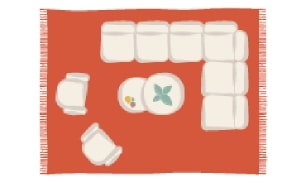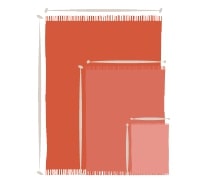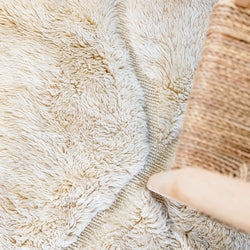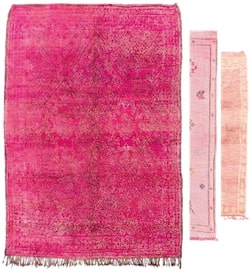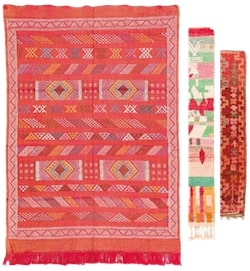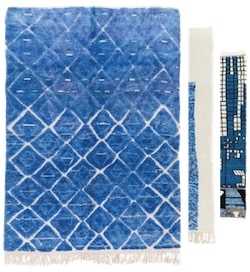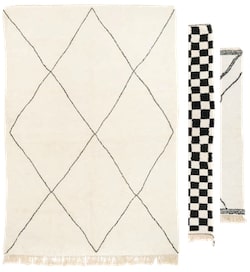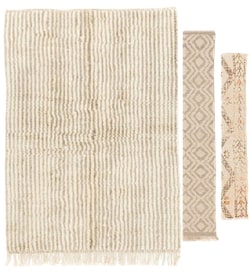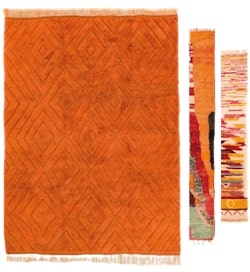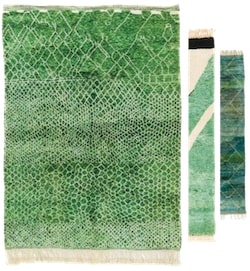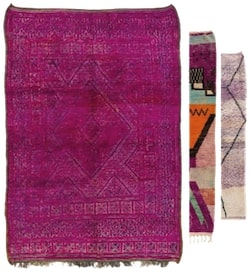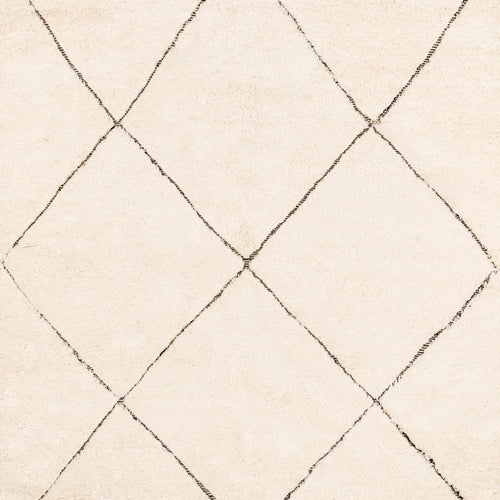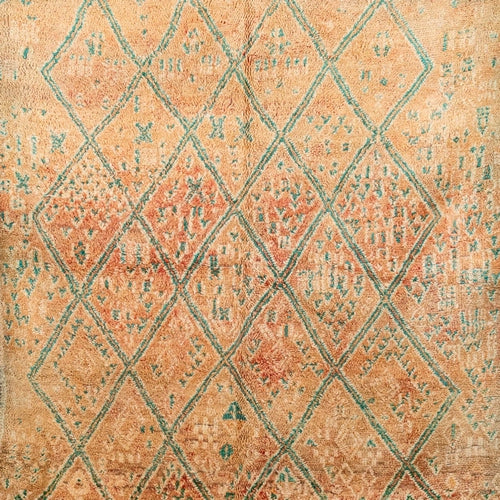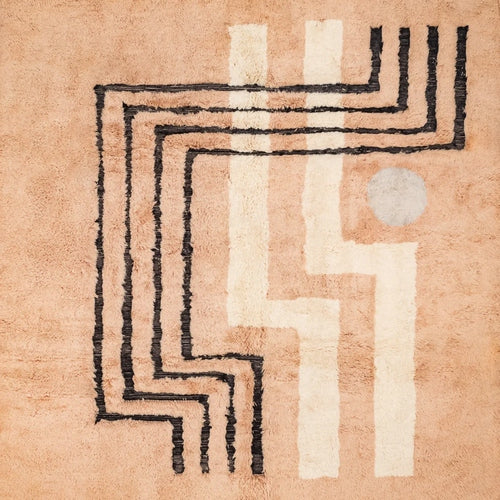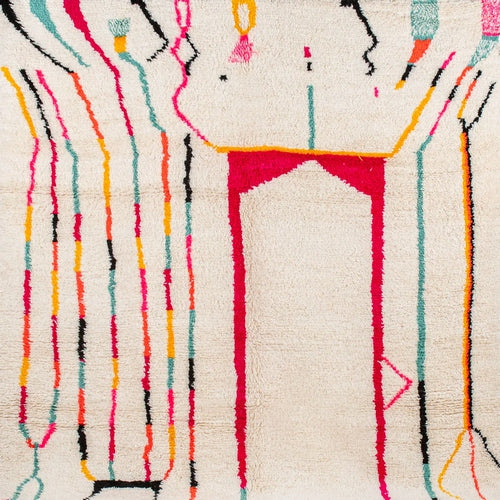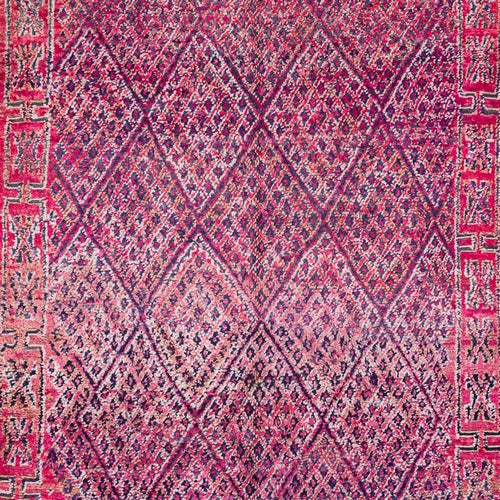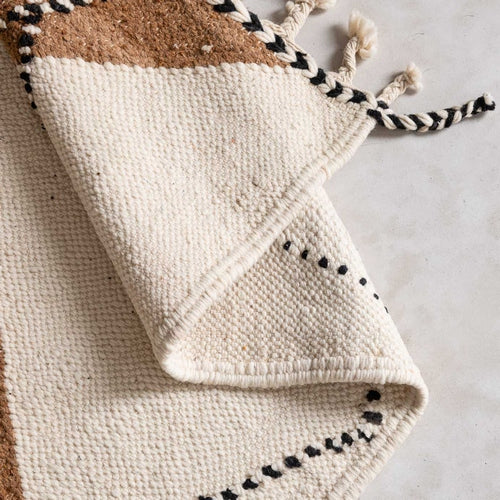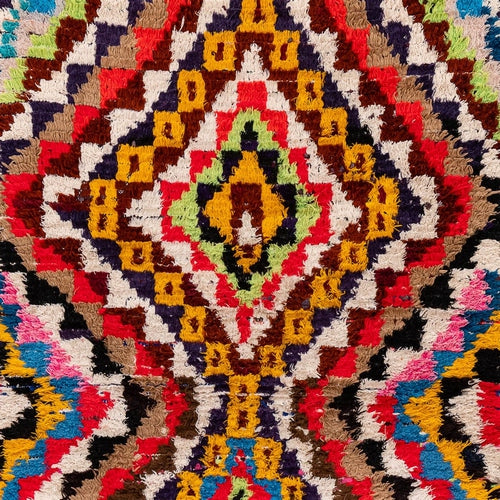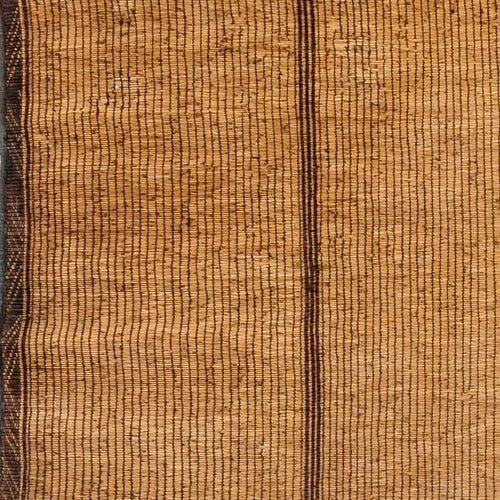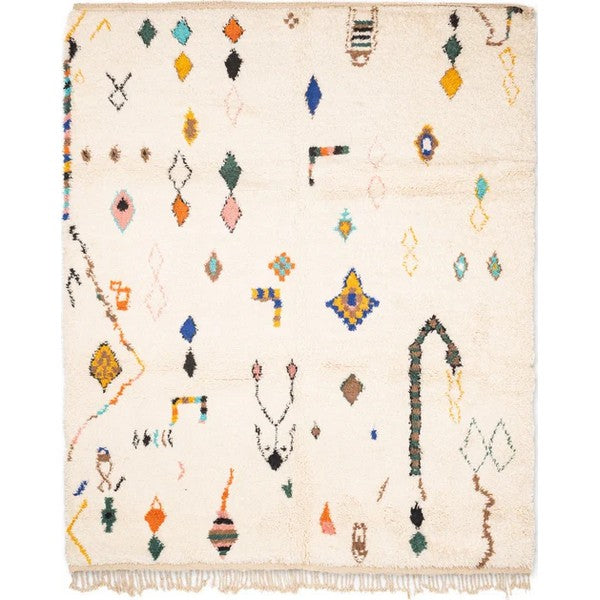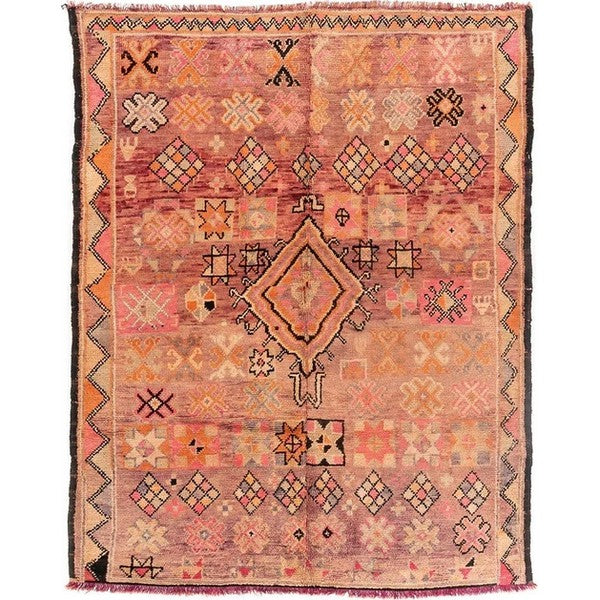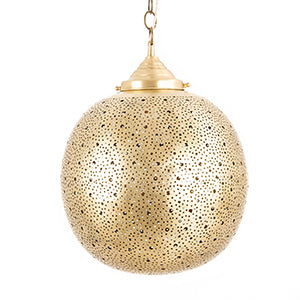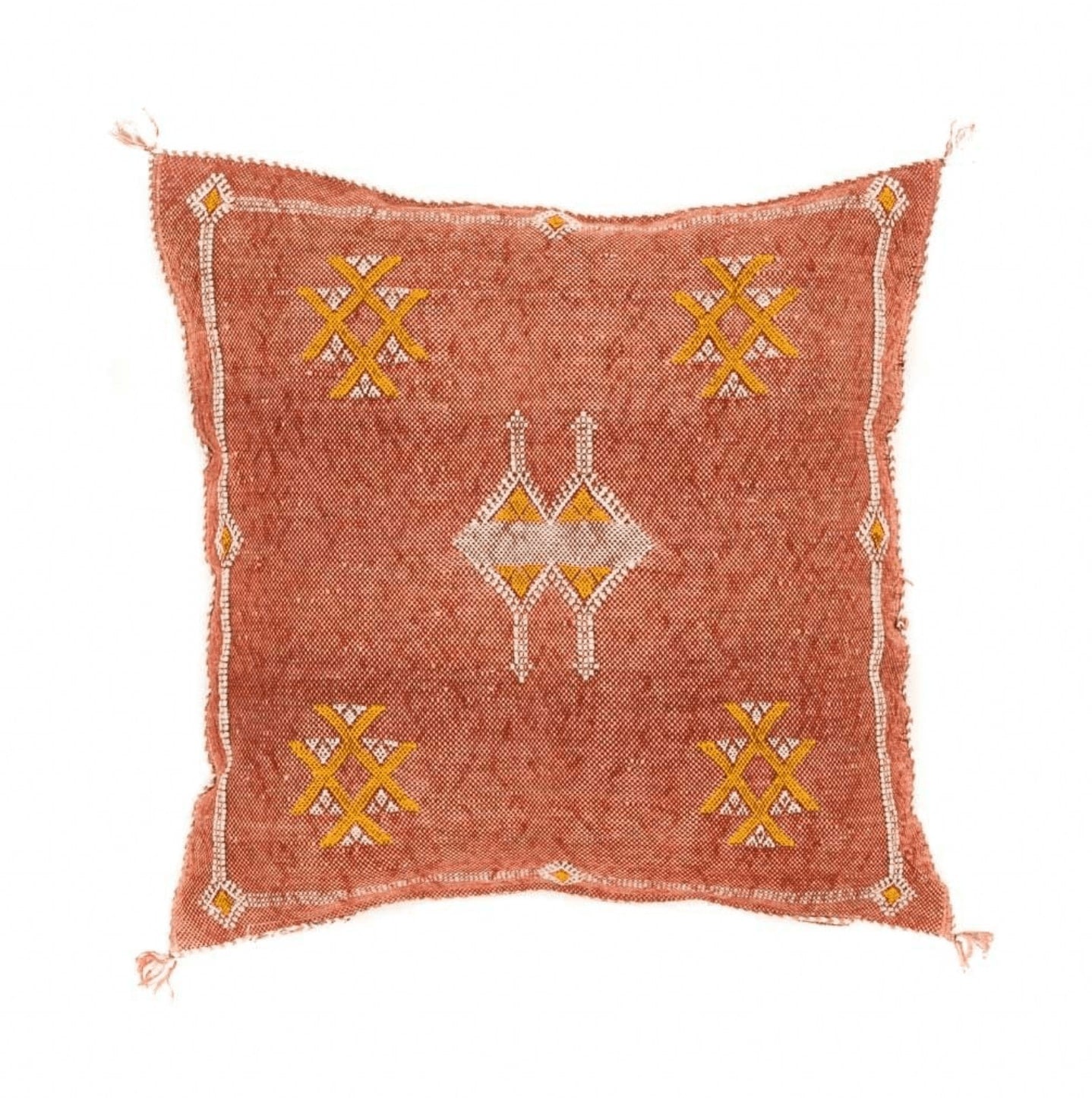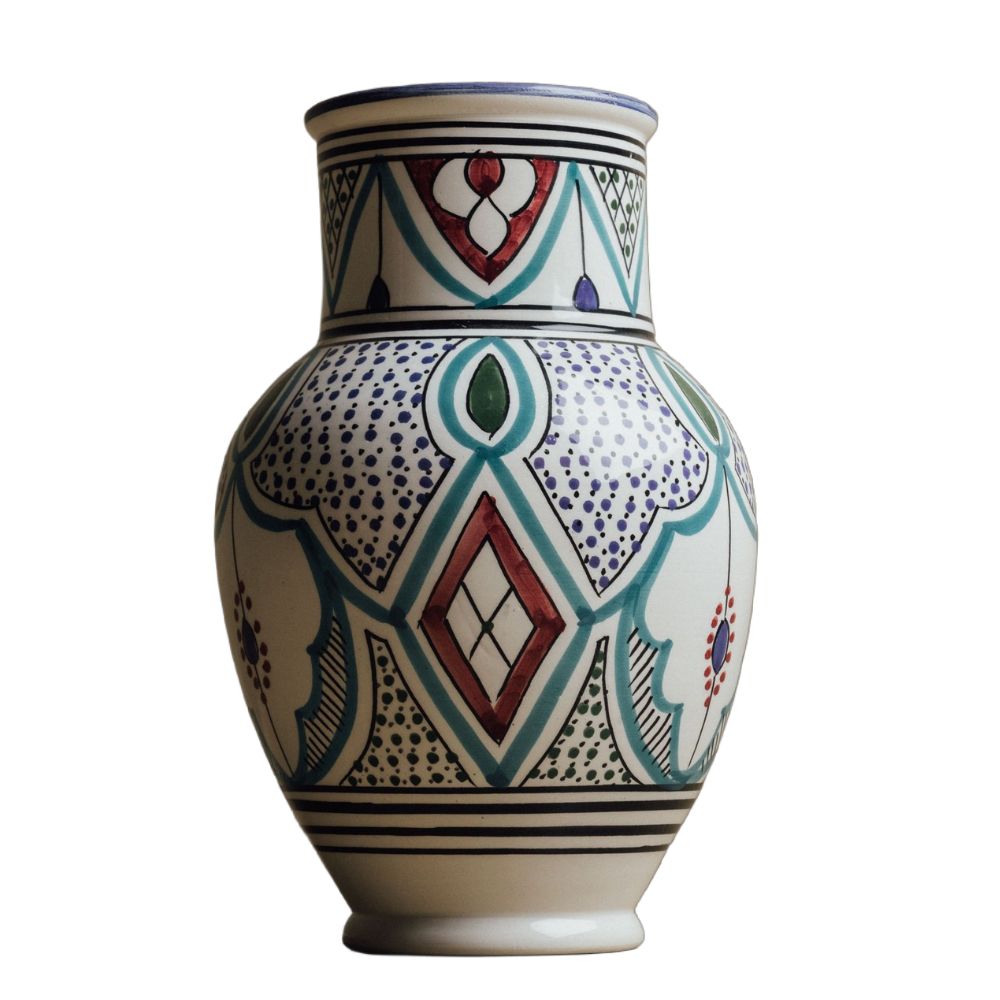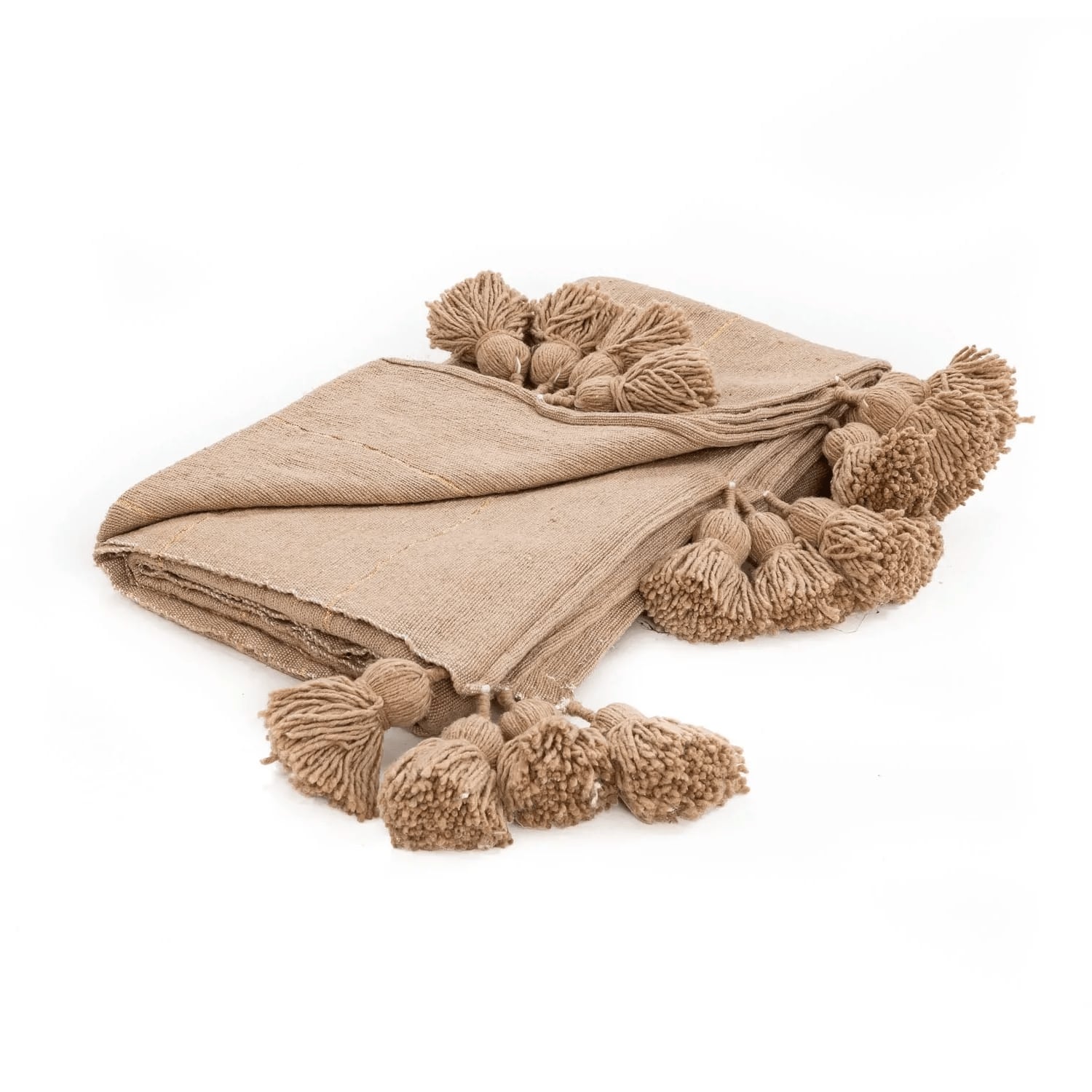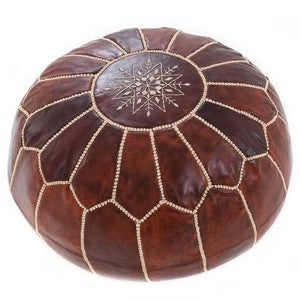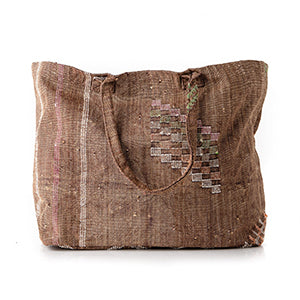Discover how to incorporate Moroccan Zellige tiles into your home décor with inspiring design ideas for kitchens, bathrooms, fireplaces, and more. Explore Benisouk’s handcrafted Zellige tile collection and bring timeless Moroccan elegance into your space.
View Details
Beni Ourain and Mrirt rugs are two distinct types of traditional Moroccan carpets, each with its own unique characteristics. While both come from Morocco, they differ in terms of tactile qualities, softness, texture, and weaving techniques. Here’s a breakdown of their differences : 1. Tactile Feel and Softness Beni Ourain...
View Details
Moroccan lamps are renowned for their intricate designs, warm lighting, and cultural authenticity. Each Moroccan lamp is a work of art, carefully handcrafted by skilled artisans using traditional techniques, including the use of a fine blade fretsaw tool, that have been passed down through generations. But how exactly are these stunning Moroccan lights made?...
View Details
Want to add depth, warmth and a bit of boho charm to your home? Layering rugs is the way to do it. It’s a design trick that adds texture, colour and personality to any space – for us boho lovers who like a lived in, effortless vibe. Whether you’re a seasoned interior enthusiast or...
View Details
Moroccan bedrooms are famous for their magic, combining intricate patterns, bright colours and luxurious textures to create a haven of comfort and style. Whether you love the cultural heritage or the timelessness of Moroccan bedroom design with elements like Moroccan leather poufs, patterned lanterns and coloured fabrics, turning your bedroom into a Moroccan retreat...
View Details
Moroccan living rooms are a celebration of life, with a focus on boldness. Join us on a journey with our 30 Moroccan living room ideas and turn your space into a colourful haven of cultural heritage and timeless style. Whether you love the intricate patterns, the bold colours or the soft textures of Moroccan...
View Details
Vacuum cleaners are a great way to suck dust out of a rug but there you need to consider how to do it in a way that is kind to your rug. Read here to find out more about vacuuming your Moroccan Rugs.
View Details
- Choosing a selection results in a full page refresh.




